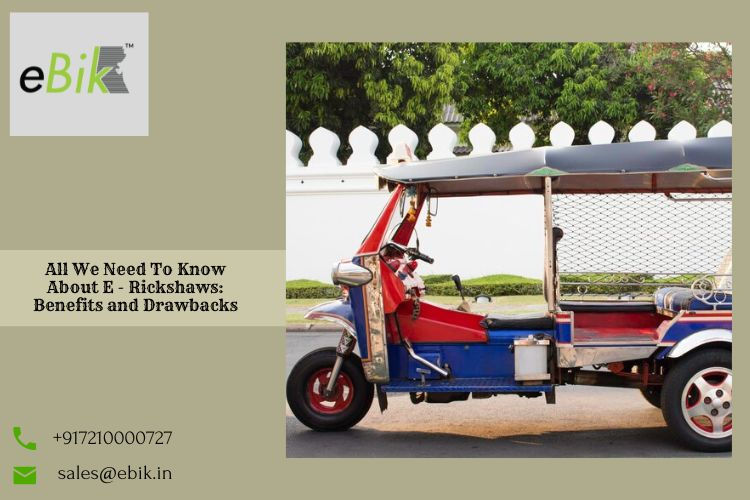Electric Vehicles' Development: From Old Carts to New Innovations
- jagvirgauda
- Mar 10, 2024
- 2 min read

The sights and sounds of the traditional thela, a modest but essential means of trade and transportation, have long graced India's busy streets. For generations, the nation has used these manually propelled carts as movable stores, food stands, and even as a way to move supplies and equipment. But as society's requirements and technology develop, the old Thela has given way to its contemporary equivalent, the best electric Thela. This alteration highlights the continuous development of transport in India and signifies a substantial change in the operation of these iconic vehicles.
The Conventional Thela:
First, it is essential to examine the history and significance of the traditional thela in order to comprehend the development of electricity. Thelas were traditionally very basic metal or wood carts dragged by hand or by livestock like horses or bullocks. Small-scale business owners and street vendors mostly used them to offer a variety of products, from snacks and home goods to fruits and vegetables. They came to symbolize India's dynamic street culture as well as the country's people's spirit of entrepreneurship and accessibility to commodities for all.
How Electric Thelas Arose:
With the introduction of electric propulsion systems in the early 21st century, the shift from conventional to electric thelas started. Entrepreneurs recognized a chance to modernize the simple while solving some of its inherent constraints because of developments in battery technology and the growing availability of electric motors. Compared to their conventional counterparts, top electric thelas had a number of benefits, such as greater speed, efficiency, and environmental friendliness.
Contemporary Innovations:
Electric thela development has extended beyond propulsion systems. Thanks to modern innovations, these cars are now sophisticated mobile platforms with a variety of features that improve user experience and functionality. One such invention is the incorporation of solar panels into electric thela designs, which enables suppliers to utilize clean energy sources for onboard appliance powering and battery charging.
Effects on the Environment and Society:
The development of electric thelas has significantly impacted the environment and society. From a societal standpoint, electric theatres have given entrepreneurs more power by giving them a more effective and long-lasting way to conduct business. Vendors can now provide a wider range of items and reach a larger consumer base thanks to the enhanced mobility and carrying capacity of electric thelas, which increases their earning potential.
Also Read : Buying an EV: Worth It Or Not?
Conclusion
The development of electric thelas from antiquated carts to cutting-edge inventions is evidence of the resourcefulness and flexibility of Indian businesspeople. Along with changing the way items are bought and sold, electric thelas have also helped create a more ecologically conscious and sustainable society by embracing new technologies and reinventing time-honored ideas. These vehicles are expected to have a significant impact on how transport is shaped in India and elsewhere as they develop further.




Comments